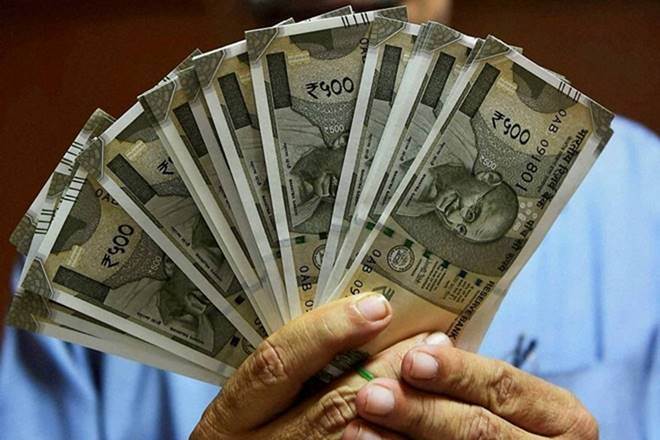The World Bank has announced that around 800 million households dependent on remittances in low- and middle-income countries (LMIC) will be badly hit due to the economic slowdown caused by the Covid-19 pandemic. The Bank projects global remittances to fall by a fifth in 2020, to $445 billion, which will result in vulnerable households getting affected. In most LMICs, remittances play a key role in mitigating poverty and battling hunger. Research has also shown that this leads to reduction in incidence of child labour in poor households.
India, which received the highest remittances in 2018 ($79 billion), will see a dip of 23% in flows in 2020. Given some regions within the country rely heavily on remittances—especially states like Kerala, Bihar and Punjab—the post-Covid impact in these areas is likely to be very high; more so, with the need to enforce lockdowns.
Kerala’s Sustainable Development Goals (SDGs) success has a lot to do with the high remittance flows from migrant workers. The fall predicted could seriously endanger the sustainability of the gains made, given the global economy will take some time to recover from the corona-hit. The world, without doubt, needs social distancing and lockdowns to blunt the pandemic’s impact, but, the collateral losses will be large.
Global and multilateral institutions and national governments need to come together to make sure that the loss of income is offset through cash-and-kind support. Else, the human cost of trying to beat corona could outweigh the costs of the disease itself.

